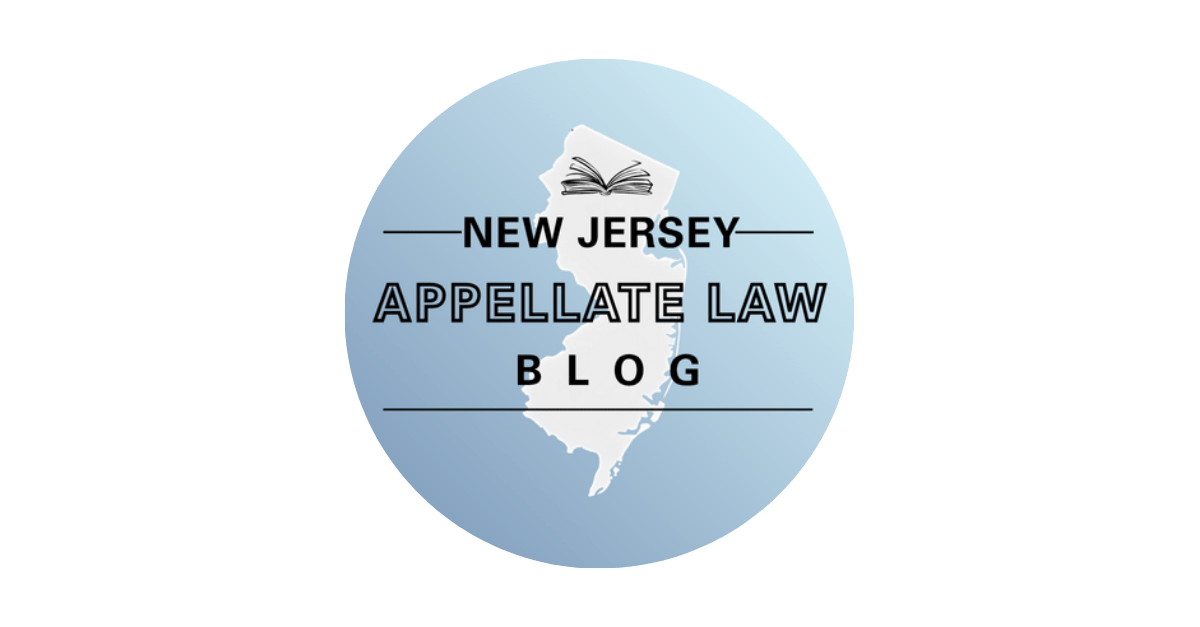The Supreme Court announced that it will take up two more matters. One is a certified question from the Third Circuit Court of Appeals in a consumer protection context, specifically, the sale of Super Bowl tickets (with the next Super Bowl to be played on this coming Sunday, the Court’s timing is impeccable). The other is a criminal appeal involving the admissibility of prior convictions.
Finkelman v. National Football League has been pending in federal court for some time. With the case now before the Third Circuit, the Supreme Court has agreed to answer the following certified question: “Is the term ‘person[] who has access tickets to an event prior to the tickets’ release for sale to the general public,’ as that term is used in N.J.S.A. 56:8-35.1, limited to ticket brokers and resellers; and are tickets to an event that are sold to winners of a lottery ‘release[d] for sale to the general public’ within the meaning of N.J.S.A. 56:8-35.1, and, if so, are tickets distributed to selected entities ‘[withheld] . . . from sale to the general public’ within the meaning of N.J.S.A. 56:8-35.1?”
Though the Court rarely agrees to answer certified questions, this is at least the third time in recent years that it has chosen to do so regarding consumer protection statutes. Two prior examples are Shelton v. Restaurant.com, 214 N.J. 419 (2013), discussed here [Disclosure: I argued, and re-argued at the Court’s request, that appeal for the successful plaintiffs], and two consolidated cases presenting issues under the Truth in Consumer Contract, Warranty, and Notice Act, N.J.S.A. 56:12-14 et seq., the same statute at issue in Shelton [Disclosure: My partner at Lite DePalma Greenberg, LLC, Susana Cruz Hodge, and I filed an amicus curiae brief on behalf of the Consumers League of New Jersey in the Supreme Court in those cases]. Those cases have been argued and are awaiting decision.
The criminal appeal is State v. Green. In that case, the Court granted an application by the State for leave to appeal to address the following question, as phrased by the Supreme Court Clerk’s Office: “Are defendant’s prior two DWI convictions admissible to prove he acted recklessly at his trial for vehicular homicide while intoxicated?” The Law Division barred admission of the prior convictions, and the Appellate Division affirmed in an opinion reported at 452 N.J. Super. 323 (App. Div. 2017).

